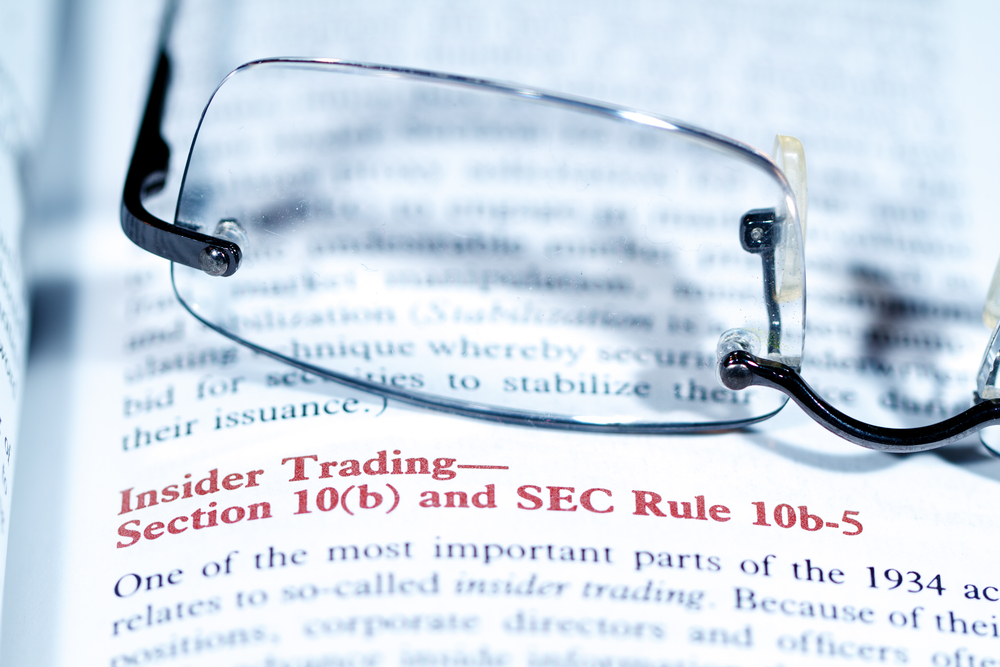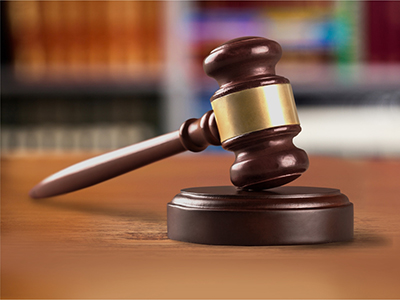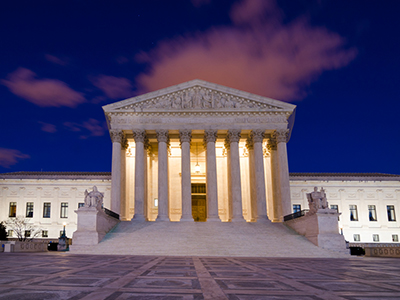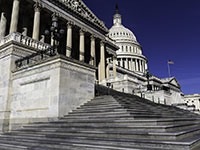On March 8, 2017, a divided panel of the Ninth Circuit issued an opinion in Somers v. Digital Realty Trust Inc. that further widened a circuit split on the issue of whether the anti-retaliation provisions in the Dodd-Frank Wall Street Reform and Consumer Protection Act apply to whistleblowers who claim retaliation after reporting internally or instead only to those who report information to the SEC. Following the Second Circuit’s 2015 decision in Berman v. Neo@Ogilvy LLC, the Ninth Circuit panel held that Dodd-Frank protections apply to internal whistleblowers. By contrast, the Fifth Circuit considered this issue in its 2013 decision in Asadi v. G.E. Energy (USA), LLC and found that the Dodd-Frank anti-retaliation provisions unambiguously protect only those whistleblowers who report directly to the SEC.
Plaintiff Paul Somers alleged that Digital Realty Trust fired him after he made several reports to senior management regarding possible securities law violations. Somers only reported these possible violations internally at the company, and not to the SEC. After his employment was terminated, Somers sued Digital Realty, alleging violations of state and federal securities laws, including violations of the whistleblower protections under Dodd-Frank. Digital Realty moved to dismiss on the ground that Somers was not a “whistleblower” under Dodd-Frank. The district court denied the motion, deferring to the SEC’s interpretation that internal reporters are also protected from retaliation under Dodd-Frank.










